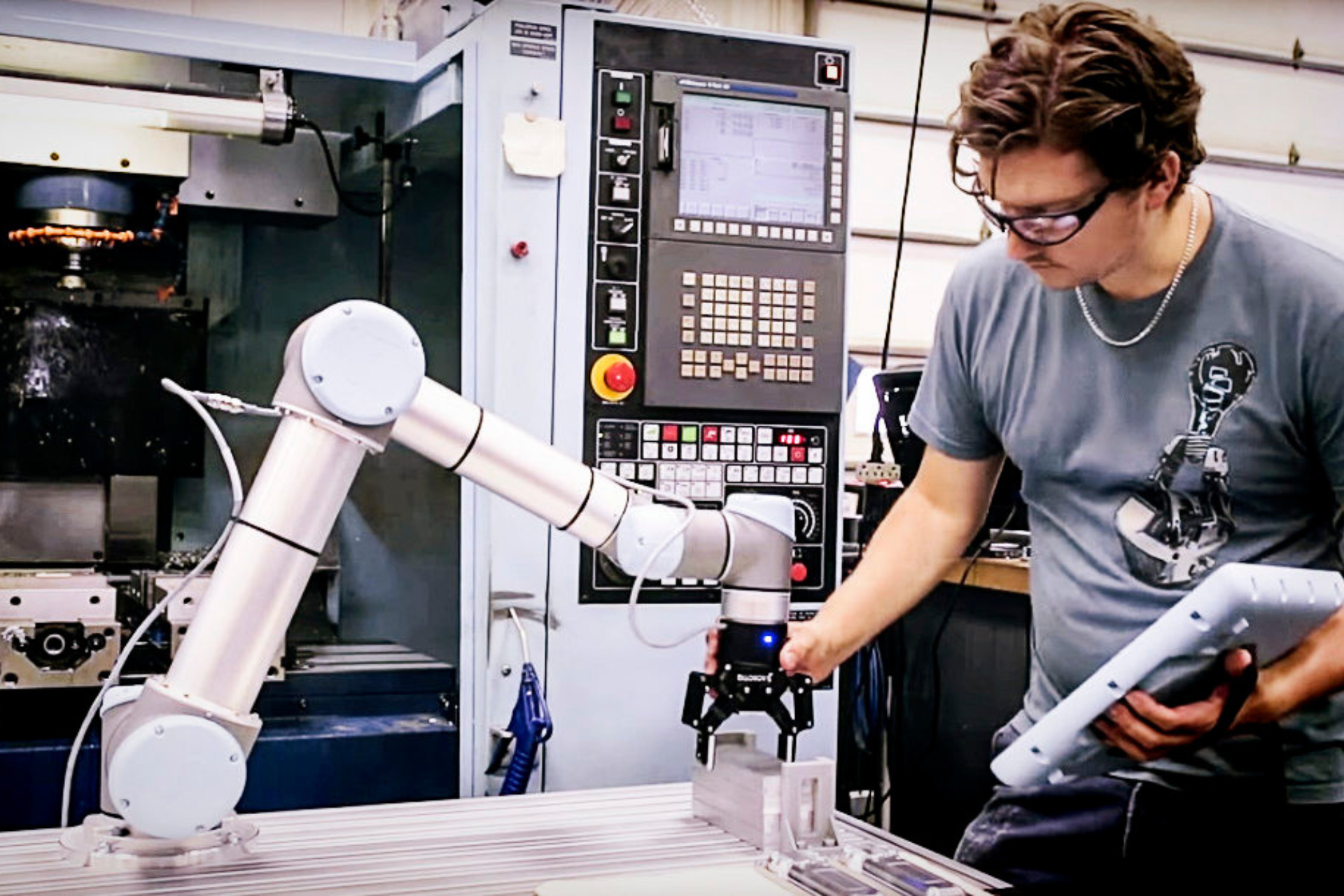Unlocking New Possibilities in Materials Science, Drug Discovery, and Cryptography
- Home
- Case Study
- Unlocking New Possibilities in Materials Science, Drug Discovery, and Cryptography

Quantum computing holds immense promise for ushering in a new era of scientific discovery and technological innovation. By harnessing the principles of quantum mechanics, quantum computers possess the potential to tackle problems that are intractable for even the most powerful classical computers. Here, we'll delve into the transformative capabilities of quantum computing in fields like materials science, drug discovery, and cryptography, while acknowledging the challenges that remain in developing and scaling this revolutionary technology.
Harnessing the Quantum Powerhouse: Untapped Potential Across Industries
Quantum computers leverage the bizarre properties of quantum mechanics, such as superposition and entanglement, to perform calculations in ways classical computers cannot. This translates to a significant advantage in solving complex problems in diverse fields:
Materials Science: Simulating the behavior of molecules and materials at the atomic level is a notoriously complex task for classical computers. Quantum computers, however, can tackle these simulations with ease, paving the way for the discovery of new materials with superior properties like superconductivity or ultra-strength.
Drug Discovery: Developing new drugs is a time-consuming and expensive process. Quantum computers can accelerate drug discovery by simulating complex interactions between molecules, leading to the creation of more effective and targeted therapies.
Cryptography: The encryption methods that secure our online world rely on complex mathematical problems. Quantum computers pose a potential threat to these methods as they can break certain encryption algorithms with ease. However, they also offer the opportunity to develop new, unbreakable forms of quantum-resistant cryptography.
The Roadblocks to Ubiquity: Challenges in Building and Utilizing Quantum Computers
Despite their immense potential, quantum computers face several hurdles before widespread adoption:
Maintaining Quantum Coherence: Quantum computers are incredibly sensitive to their environment. Even minor disturbances can disrupt the delicate quantum states and lead to errors. Maintaining this coherence for extended periods remains a significant challenge.
Scalability: Building large-scale quantum computers with millions of qubits (quantum bits) is a complex engineering feat. Current quantum computers are limited to a handful of qubits, hindering their ability to tackle truly groundbreaking problems.
Error Correction: Quantum computations are prone to errors. Developing robust error correction mechanisms is crucial for ensuring the reliability and accuracy of quantum calculations.
The Race to Quantum Supremacy: The Current Landscape
The race to develop a functional quantum computer is well underway, with major technological companies, research institutions, and governments heavily invested in this field.
Tech Giants in the Quantum Race: Tech giants like IBM, Google, and Microsoft are making significant strides in quantum computing research, developing their own proprietary hardware and software solutions.
International Collaboration: International collaborations are fostering knowledge sharing and accelerating progress in the field.
The Quest for Quantum Supremacy: The goal of achieving "quantum supremacy," where a quantum computer can outperform a classical computer on a specific task, is a major milestone in the development of this technology.
Conclusion
Quantum computing is not a replacement for classical computing, but rather a powerful new tool in the scientific and technological toolkit. As we overcome the challenges of maintaining coherence, achieving scalability, and implementing effective error correction, quantum computing has the potential to revolutionize various industries. From creating life-saving drugs to designing revolutionary materials, the possibilities unlocked by quantum computing are vast and hold immense promise for shaping the future. Remember, the development of quantum computing is a collaborative effort, and continued research and innovation will be key to unlocking its full potential.







